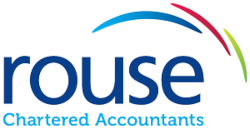The move comes amid suspicion that many small businesses are still not declaring all their sales. The Government estimated that the increased access would reduce tax fraud by about £50m a year.
Changes introduced in the Finance Act will give the Revenue the right to demand that so-called “merchant acquirers” – the banks and companies that process card payment transactions – hand over data on the card payments received by a particular trader for four years.
The first requests for information were sent out by HMRC last week and will be made annually from next year. It is intended to review traders, and not consumers.
David Gauke, the Treasury Minister, commented: “These new powers give HMRC an extra tool to ensure a level playing field between businesses and will also reduce opportunities for those who try to cheat the system.”
Tax officials will analyse the data using specialist software and compare it with information that HMRC already holds to identify any discrepancies. They will not be able to look at personal data from the cardholders who made the payments, HMRC added.
Concerns
Campaigners have voiced concerns that the new system raises data protection fears and could be open to errors.
John O’Connell of the Taxpayers’ Alliance commented, “Although HMRC says it can’t access information ‘on cardholders’, taxpayers will, of course, be worried about their privacy.”
HMRC will analyse the data using its Connect system which sifts through billions of pieces of data to spot taxpayers that may have under-declared income. The data on card transactions will be cross-checked against VAT and income tax returns to identify fraud.
However, there are fears that businesses could be unfairly targeted because card transactions, which include VAT, give a crude picture of the tax liability.
Mr Gauke, said: “While the majority of traders are honest, they may find themselves undercut by the minority who seek to lower prices by cheating the tax system.”
HMRC announces new dispute initiative
Meanwhile, HMRC has appointed independent facilitators who will act as neutral third-party mediators between individuals and the taxman in order to resolve disputes quickly.
HMRC said this would reduce costs and help individuals avoid a tribunal and also ease strain on the tribunal system, which currently has a heavy backlog of claims. The scheme – called an “alternative dispute resolution programme” – is available to all individual taxpayers and small business where a tax issue is in dispute.
Contact us
If you are targeted for a tax investigation read our tax investigation FAQ to help answer some of the uncertainties you may have.
If you have any questions about your tax position please contact our tax advisors who will be able to guide you through your options.

Award-winning chartered accountants offering tax, audit and advisory services.


